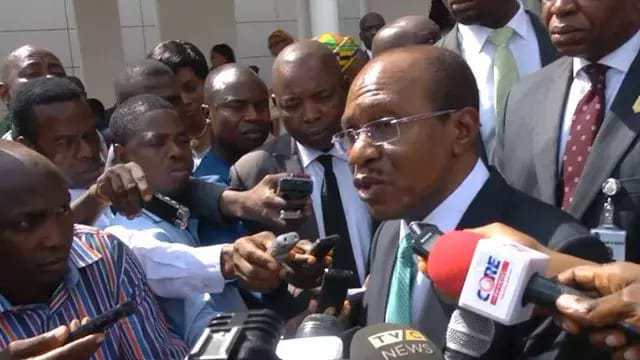There are no products in your shopping cart.
| 0 Items | £0.00 |


CENTRAL Bank of Nigeria (CBN) governor Godwin Emefiele has responded to the ongoing crisis in the aviation industry by releasing a sum of $265m to foreign airlines operating in the country to avoid them pulling out of the country over remittance worries.
As a result of the scarcity of foreign exchange in Nigeria, at least, $600m belonging to over 20 foreign airlines has been held in the country since the beginning of the year. Because they are unable to convert their earnings from naira into dollars due to the dollar scarcity the CBN is witnessing, these airlines are unable to repatriate their funds to their home countries.
Last week, Emirates Airlines announced that it plans to suspend all flights to and from Nigeria with effect from September 1 in response to the growing currency crisis. With many airlines having trapped funds in Nigeria, which they cannot repatriate, several were planning to follow suit scale back their Nigerian operations.
CBN spokesman Osita Nwanisobi, said governor Godwin Emefiele and his team were genuinely worried about the brewing crisis in the sector and what it portends for travellers as well as the country. He reaffirmed that the bank was not opposed to any corporation repatriating its funds from Nigeria but it demands an orderly withdrawal for those who were interested.
According to the breakdown, $230m was granted as special Forex intervention, while another $35m was issued through the Retail Smis auction. After Emirates threatened to scale back its Nigerian operations, British Airways closed its inventory on its operations, sparking fears of a collapse of the sector.
Already, the International Air Transport Association (IATA) had voiced reservations about the Federal Government of Nigeria’s decision to prevent international airlines from remitting ticket sales proceeds to their home nations. IATA officials had urged the Buhari regime to prioritise the release of the funds before more damage is done, noting that the failure to do so will affect Nigeria’s access to its members' services.